In the high-stakes world of business and finance, the phrase "Winner's Curse" has become a cautionary tale of what can happen when the pressure to succeed gets the better of us. It's a phenomenon where the winner of an auction or a bidding war ends up overpaying for an asset, only to realize too late that they've made a costly mistake.
This is a story that Richard Thaler, a young economist and future Nobel laureate, knew all too well. Back in the 1980s, Thaler began writing a series of columns that challenged the dominant doctrine of his field, which was rooted in the idea that humans are rational, self-controlled, and always make the best decisions for themselves. Thaler, on the other hand, believed that humans are prone to biases and errors, and that these flaws can have a significant impact on our decision-making.
Thaler's work in behavioral economics has had a profound impact on our understanding of markets and human behavior. His columns, published in the Journal of Economic Perspectives, were a sort of opening salvo for this revolution. In them, he shone a spotlight on the ways in which humans are vulnerable to the Winner's Curse, and how this can lead to costly mistakes.
One of the key insights that Thaler gained from his research was that humans tend to overvalue things that are scarce. This is known as the "scarcity effect." When something is hard to get, we tend to think it's more valuable than it really is. This can lead to a bidding war, where multiple parties are willing to pay top dollar for an asset, even if it's not worth it.
Thaler's work has been influential in many areas, from finance to marketing. For example, in the world of finance, the Winner's Curse has been known to lead to costly mistakes in mergers and acquisitions. Companies may overpay for a target company, only to realize later that they've made a mistake.
In an interview with Planet Money, Thaler explained the Winner's Curse in simple terms: "Imagine you're at an auction, and you're bidding on a painting. You really want the painting, and you're willing to pay a lot of money for it. But the other bidders are also willing to pay a lot of money for it, and the price keeps going up and up. Finally, you win the auction, but you realize that the painting is not as valuable as you thought it was. You've overpaid for it, and you've made a mistake."
Thaler's work has also had an impact on marketing and consumer behavior. For example, companies may use scarcity tactics to create a sense of urgency around a product or service. This can lead to a bidding war, where consumers are willing to pay more for a product simply because it's scarce.
However, Thaler's work also highlights the importance of being aware of our own biases and flaws. By recognizing the Winner's Curse and the scarcity effect, we can make more informed decisions and avoid costly mistakes.
As Thaler notes, "The Winner's Curse is a reminder that humans are not always rational, and that our biases and flaws can have a significant impact on our decision-making. By being aware of these biases, we can make better decisions and avoid costly mistakes."
In conclusion, the Winner's Curse is a cautionary tale of what can happen when the pressure to succeed gets the better of us. By understanding the scarcity effect and the Winner's Curse, we can make more informed decisions and avoid costly mistakes. As Thaler's work continues to influence fields from finance to marketing, it's clear that his insights will remain relevant for years to come.









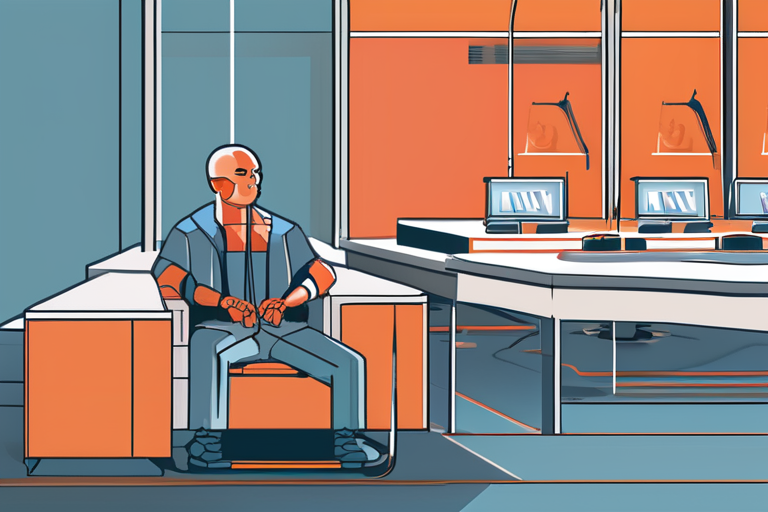


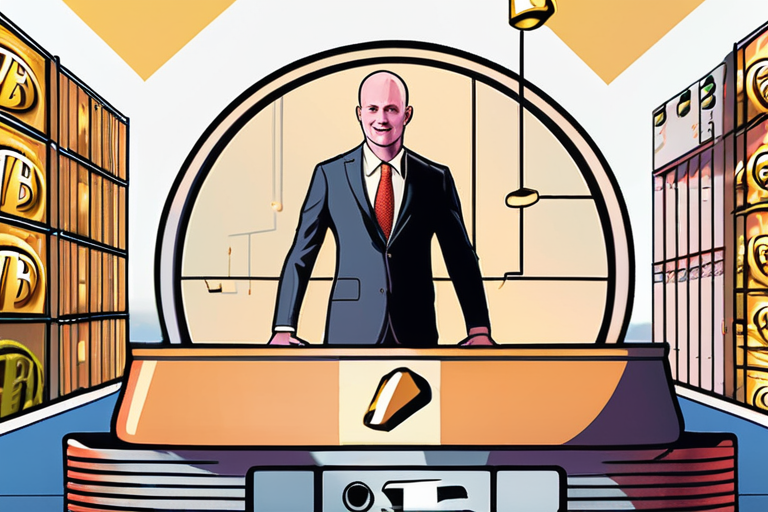

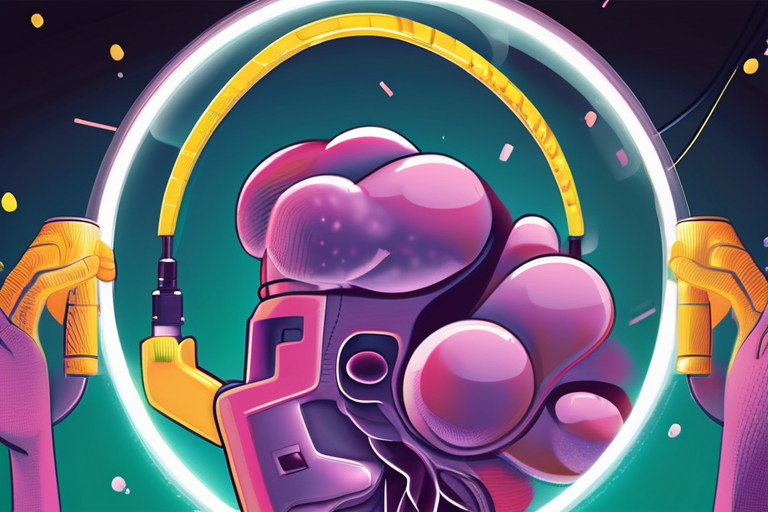



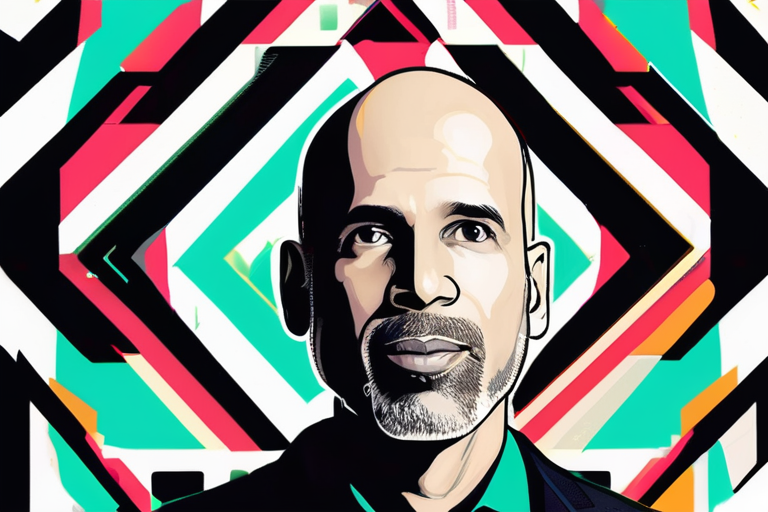





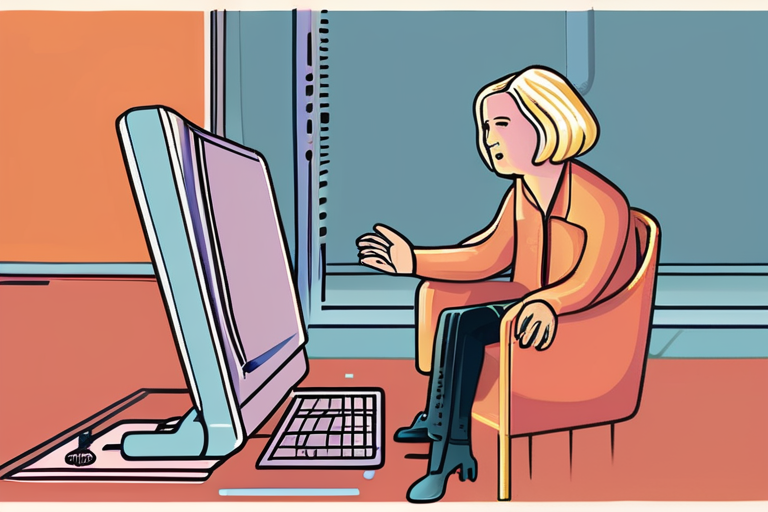


Share & Engage Share
Share this article